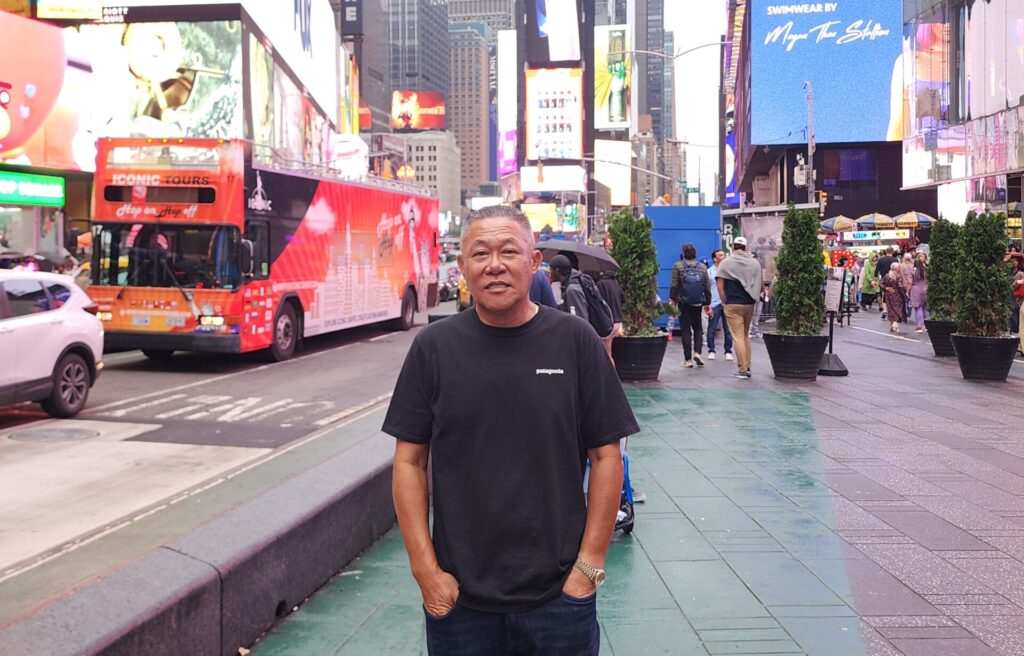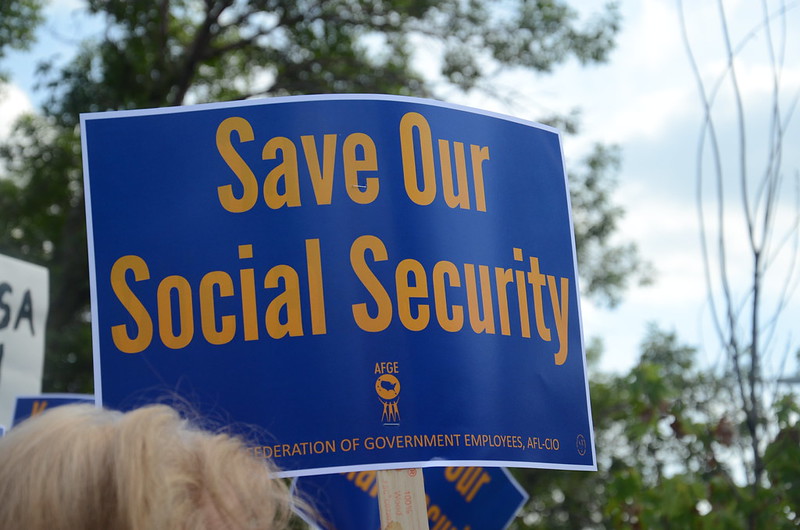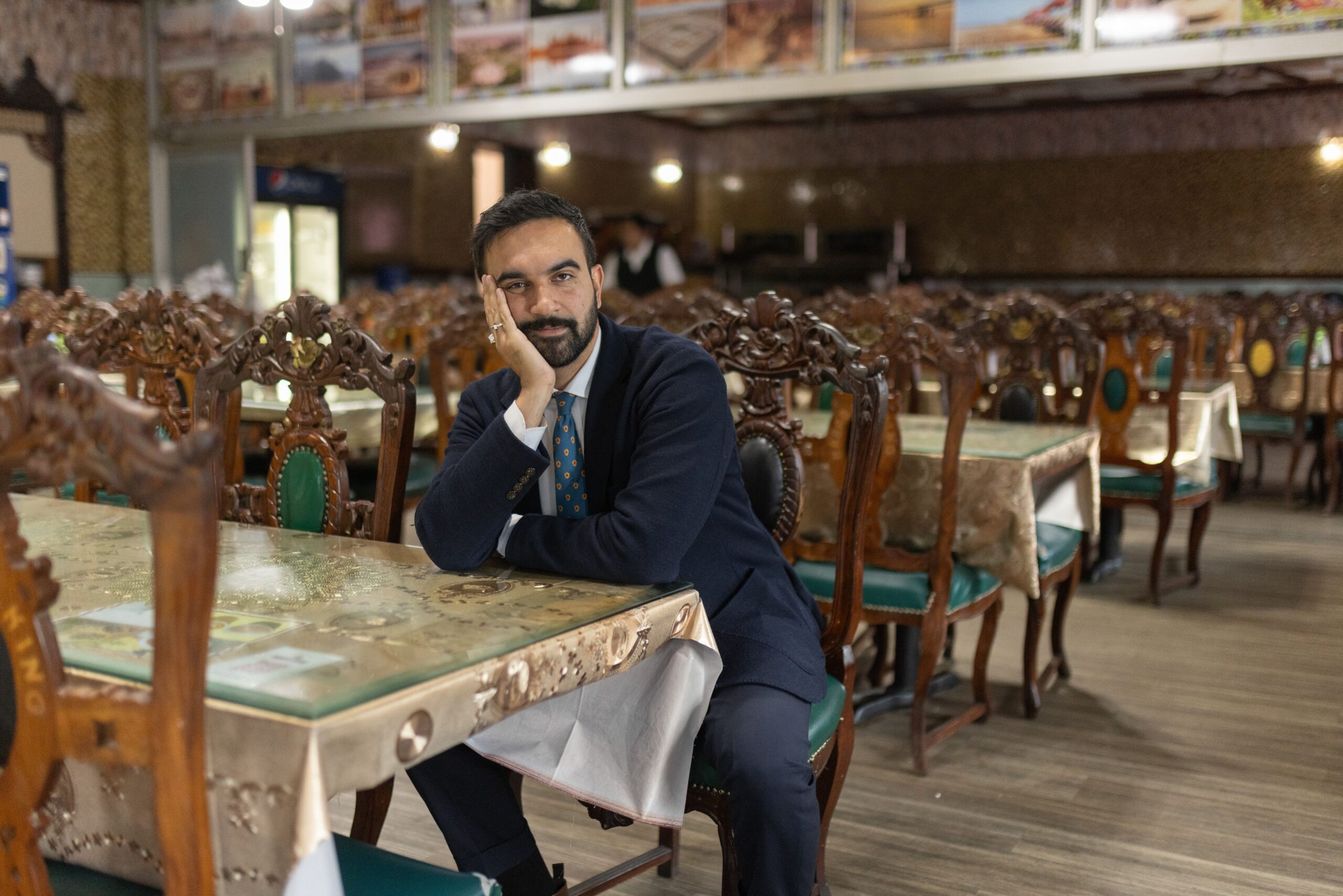
Sae Joon Park is in disbelief. Park, an army veteran who came to the U.S. from South Korea when he was 7 and enlisted in the military right out of high school, never thought he’d be in Korea at 55 years old, unsure of when he would be able to return to see his children and his elderly mother.
Park’s story of self-deportation made headlines several months ago amid increased U.S. Immigration and Customs Enforcement raids and deportations across the country at the direction of the Trump administration. He’d become aware of the threat of being deported, he tells me in a recent interview conducted via email, after being informed by his parole officer that the administration could come after him when Trump assumed office.
Park was on parole connected to an arrest that stemmed from a drug bust two decades ago. His drug use was his way of dealing with post-combat PTSD, which resulted from being shot while participating in the U.S. military’s 1989 invasion of Panama. He’d been honorably discharged from duty and given a Purple Heart medal, but the mental health impacts of his combat experience weighed heavily. His return from Panama was marred by a worsening crack addiction, leading to his arrest in New York City.
He worked hard to maintain sobriety after his arrest, and served a few years in prison. Following his release, Park—who hadn’t prioritized obtaining citizenship after his military service—moved to Hawaii to be with his family, stayed sober, and worked hard. He had been given a removal order upon his release from prison, but ultimately was deemed low priority for deportation and allowed to remain in the U.S. as long as he attended annual check-ins.
That all changed with the arrival of the second Trump administration, when Park was warned by his parole officer that there was a chance he’d get deported.
“When Trump got elected, I was in disbelief. I couldn’t believe it and knew what might be happening. My check-in is the first Monday of the month of May. In April, I tried reaching out to my parole officer through email and I didn’t get a response. In my mind, by him not responding, I figured it’s his way of letting me know that I’m getting deported,” Park says.
Up to that point, Park had been doing everything to remain in good standing. He reached out to a lawyer, who confirmed that the likelihood of being deported was strong. When May came around for his parole check-in, he attended the meeting with his lawyer and his entire family. He describes what unfolded from there:
“Luckily my parole officer wasn’t there. I had another officer come out and tell me to come back next month. He also told me that everything looks fine and I’ll probably just come in for routine check-in. When I came back the next month, it was a whole different story. They were waiting for me, and tried to put handcuffs on me. When I asked them what’s happening, they told me that I was getting detained and deported,” he says.
“I pleaded my case, told them that I was a purple heart veteran. Which they knew. [It] didn’t matter, and they were ready to lock me up. One of the officers told me to wait with my family, he wanted to check something. After waiting there for over 3 hours, he came out with an ankle bracelet and told me I’m the only person that gets an ankle monitor and I have 3 weeks to self deport.”
The entire ordeal, he says, was “unbelievable.”
Three weeks later, he got on a plane to Seoul and hasn’t been back since.
Removed from the people he loves, Park says his current existence in Korea is challenging. He can speak enough Korean to get by, but can’t read or write. He says his PTSD is “worse than ever” and he struggles each day to make it through, wondering what his future looks like.
“I’m learning and adjusting as best I can but it’s still really hard. I miss my family so much. I pray every night that I make it back home one day. I’ve been through tough times before but this is definitely next level,” he says.
Park’s story speaks to not just the terror that undocumented immigrants face in this country, many of whom have been here for decades and have established families, opened businesses, and contributed immensely to the economy. It also speaks to the stigma around disability and mental illness, particularly when it comes to the carceral system. Studies show that veterans with PTSD are more likely to be arrested than veterans without PTSD; some 5%-38% of veterans are diagnosed with PTSD.
Disabled immigrants like Park also struggle with a lack of support and resources, which is true for Park as his mental health remains at a low point while living in Korea. Detainees who have been held in jails have spoken of horrendous conditions at facilities and a complete lack of support from immigration officials for medical needs and resources. And amid the chaos that has unfolded at the hands of ICE agents across the country, there have even been instances of mistaken arrests—including that of a 19-year-old intellectually disabled man who, earlier this year, was detained for 10 days in Arizona.
The current climate for undocumented disabled immigrants like Park is dire. It’s been an unimaginably challenging experience for a man who spent years of his life defending the country that kicked him out, and many more years working on himself and trying to be a sober, upstanding citizen.
Currently, Park says he’s working to figure out how and when he’ll be able to return to Hawaii to be with his family. He says he has “an amazing [lawyer] and lots of support” behind him, but isn’t certain that he will be able to come back during the Trump administration. He’s received support from members of Congress including Senator Mazie K. Hirono (D-HI) and Senator Richard Blumenthal (D-CT), who called for answers from the Department of Homeland Security in a statement released in August.
“Immigrants like Mr. Park do not represent a threat to our country, and your treatment of Mr. Park has not made our country safer,” the statement read. “Your department must explain to the American people your reasoning for treating a veteran, who has fought and been wounded for our country, in such a poor manner.”
Citing “non stop crying the first week in Korea,” Park says he struggles every day to adjust to his new reality, and has a hard time understanding how things got to this point. He is in complete disbelief.
“What’s happening in our country is just wrong; so many families being torn apart. Especially people that served and fought for a country that we belong in. Every time I see ICE detaining people the way they are, it breaks my heart,” he says.
“Things happening now happen in third world countries, not the United States of America. [It is] truly unbelievable, and I don’t know how we’re going to recover from this. I really hope that one day [I] can return home and be with my family while they’re still around.”
More DJA Coverage
On Nov. 13, a small team of advocates for people with disabilities stepped through White House security and into...
By
November 24, 2025
In this series, DJA journalists share their experiences and tips for getting their work done, how they find the...
By
November 11, 2025
Kara McCurdy Prior to New York Assemblyman Zohran Mamdani’s win in New York City’s Democratic primary, there were questions...
By
November 3, 2025


